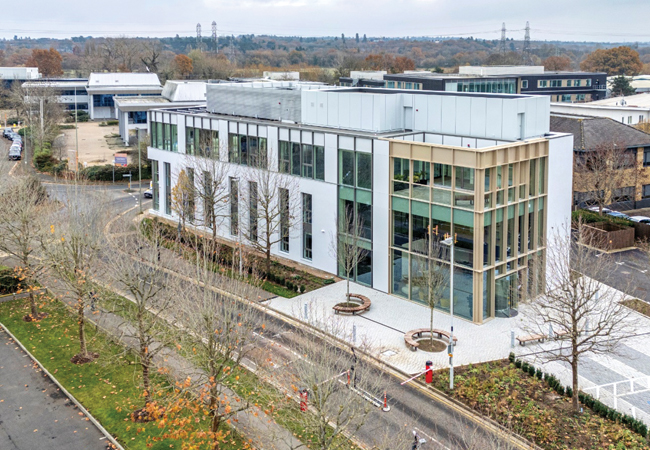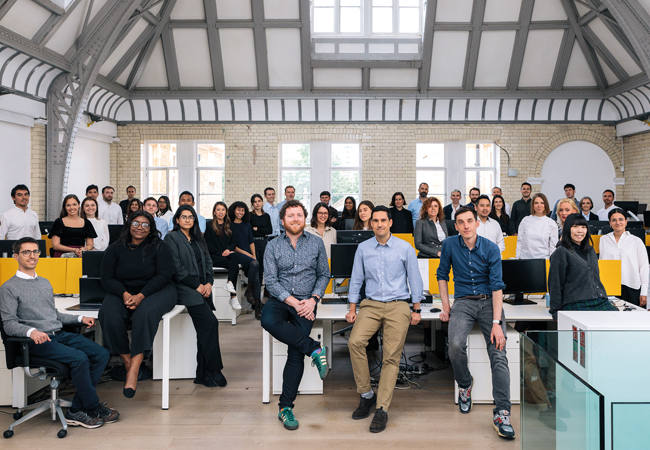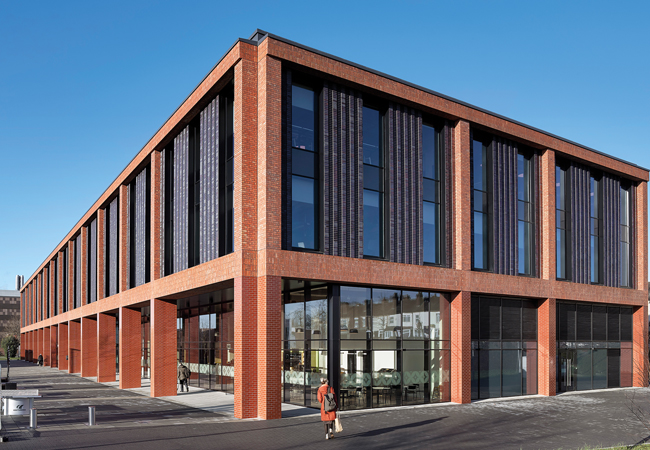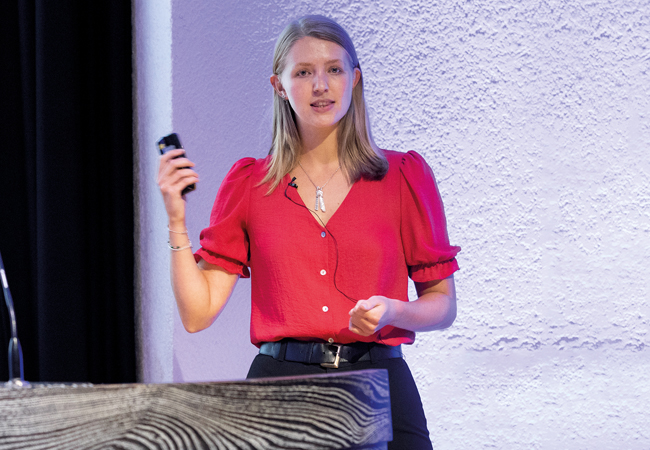
The presentation by Francesca James, CIBSE Graduate of the Year, was one of the highlights of the 2023 Young Engineers Awards
Graduates at this year’s Young Engineers Awards were asked to do a presentation on the following question. How can building services attract more young people to the ‘surprisingly wonderful, disparate world of building services engineering’?
To answer this question, we need to understand what the younger generation wants from a career and how we can give that to them – and, importantly, we need to make sure they understand that we can give them what they want. So, what do they want?
This generation of teenagers, college students and university graduates want to feel a sense of purpose through their work: to make positive, long-term impacts on community, wider society, and the environment. I’m a graduate engineer working in heat networks, and it’s this sense of purpose that drew me to building services.
A 2022 Gallup survey of 5,800 adults found that 72% of 18 to 29-year-olds feel it is extremely important that their company has a focus on long-term benefits to society instead of short-term profits, a significant increase compared with other age groups.
In 2021, another Gallup survey found that 33% of Generation Z (those born between the mid-1990s and early 2010s) feel it is very important that their job allows them to work for a greater cause, compared with 27% of millennials (those born between the early 1980s and mid-1990s).
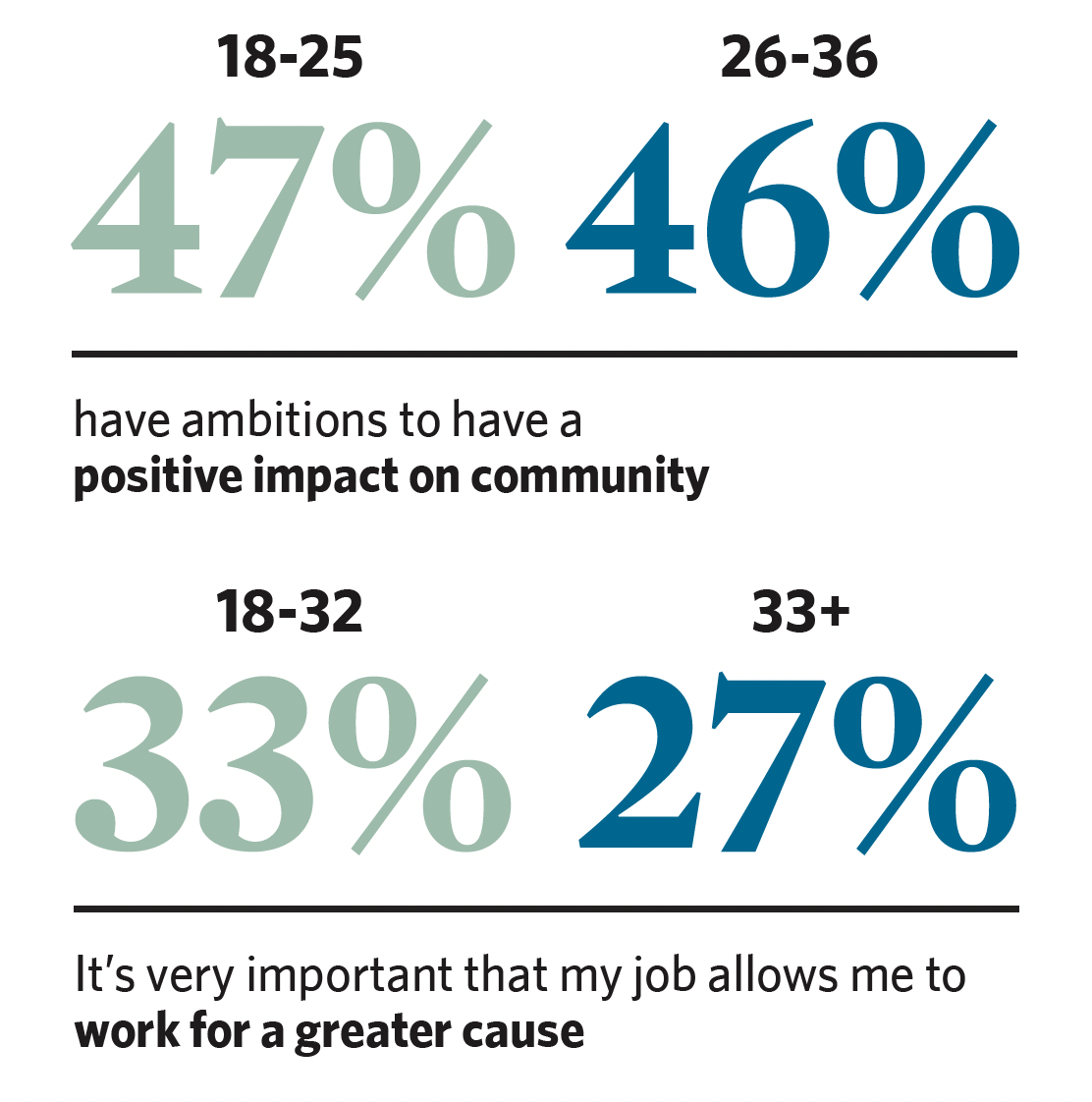
A Deloitte survey in 2019 found that around half of Gen Z and millennials want to make positive impacts on society.
I want to focus on those phrases ‘long-term benefit to society’, ‘work for a greater cause’, and ‘positive impact on community’. This is what teenagers, college students and university graduates want – to feel this sense of purpose. Fortunately, we work in an industry where we don’t have to bend over backwards or pull clever tricks to give the appearance that our work aligns with these goals, because it directly aligns with them.
An obvious example of a long-term benefit to society is the work we do in reducing the carbon emissions from buildings. We work for a greater cause by helping to reduce energy bills during the cost-of-living crisis. We make a positive impact on the community by improving people’s standard of living and comfort in their workspaces and homes. We know this, but teenagers, college students and university graduates don’t.
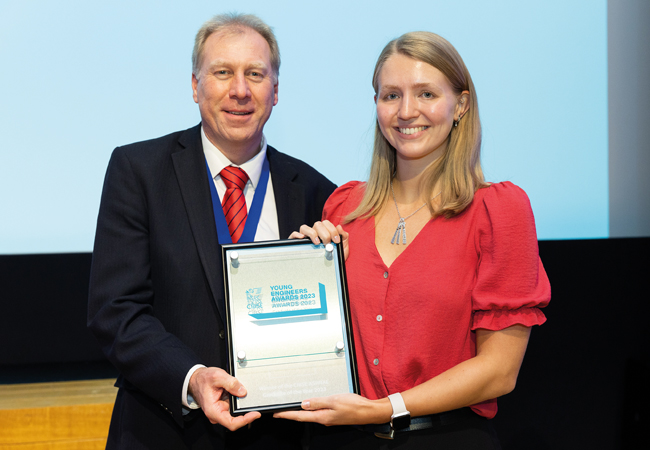
Graduate of the Year Francesca James, with CIBSE President Adrian Catchpole
So, we know what the incoming workforce wants, and we know how the building services industry can give this to them – but how do we get this message across?
We need to focus on the individual impact that a person will have if they join the industry, because this is how the sense of purpose is fulfilled.
I know that we all attend careers fairs already, and give careers talks at schools and at universities; we post job adverts on job boards and on our websites; we run internship programmes for teenagers through to graduates; we’re involved in great programmes such as the Stem Ambassadors, where engineers volunteer to run sessions for schoolchildren, teachers and parents – and, obviously, we need to keep doing all of this.
But to really excite the young people we’re talking to, we need to not only highlight the positive impact that the industry has as a whole, but also, critically, we need to highlight the impact that an individual young person can have.
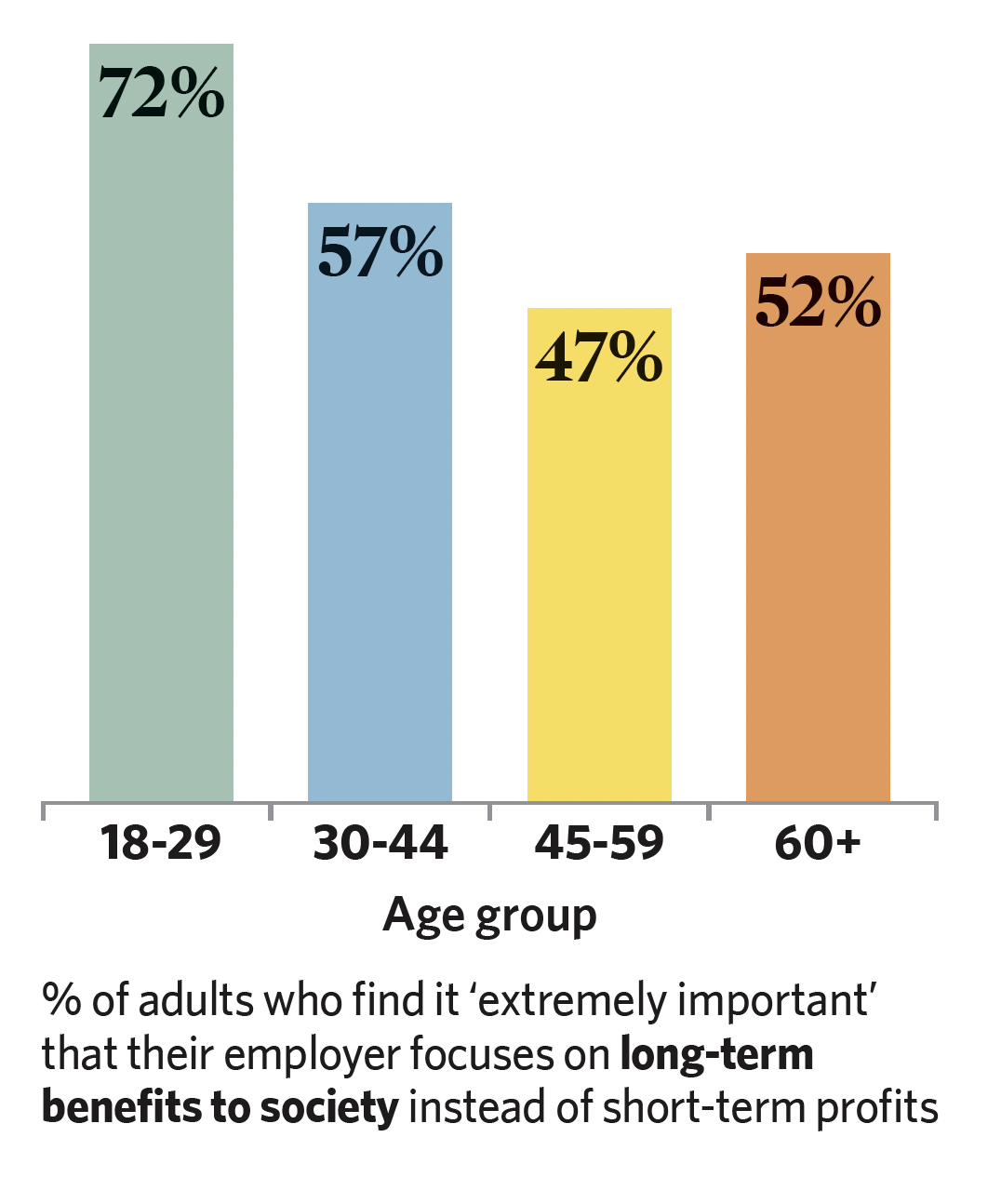
Last year, I gave a careers talk at my university, and I calculated and presented the reduction in carbon emissions that could be attributed to my work during the graduate scheme. This number, to my huge surprise when I actually worked it out, was half a million kg of CO2. I also gave a case study of a residential development where the retrofit work I designed had reduced residents’ heating bills and improved comfort through reduction in overheating. I was presenting the positive impact that my work had had on real people’s lives in only a year.
After the talk, we saw a huge number of applicants for our summer internship and graduate programmes, and three students who attended the talk went on to be employed by FairHeat. So, practically, in our careers talks, we should be emphasising the reduction in embodied carbon that can be attributed to the work of materials engineers during their graduate scheme.
In our job adverts, we should be giving case studies of sites where residents’ utility bills have been reduced because of efficient lighting design carried out by electrical engineers in perhaps their first year of work.
And, during our internship programmes, we should be demonstrating the positive impact on the comfort of real people of ventilation design carried out by graduate mechanical engineers.
Young people want to feel this sense of purpose. We work in an industry that directly correlates to these aims, so we can give them what they want.
Practically, we need to emphasise this relationship in our outreach and recruitment by highlighting the individual impact a person will have – because this, I believe, will excite young people to join this wonderful industry.



